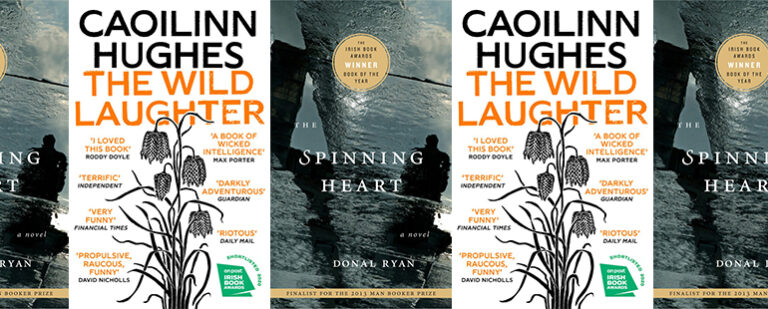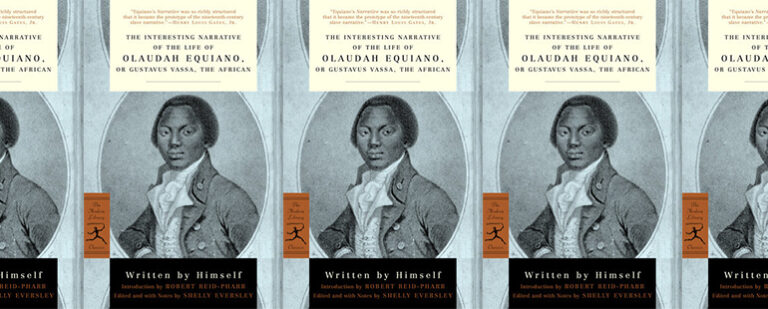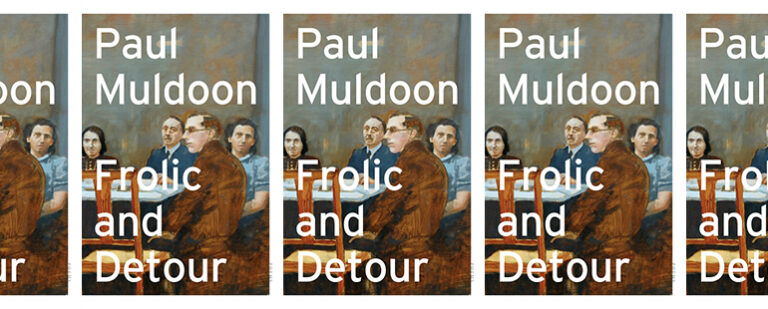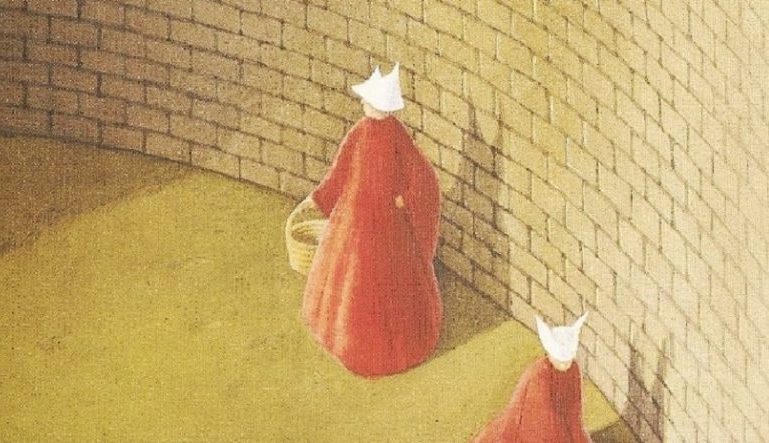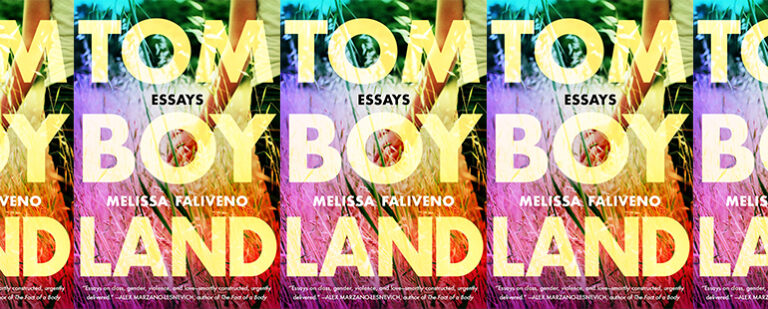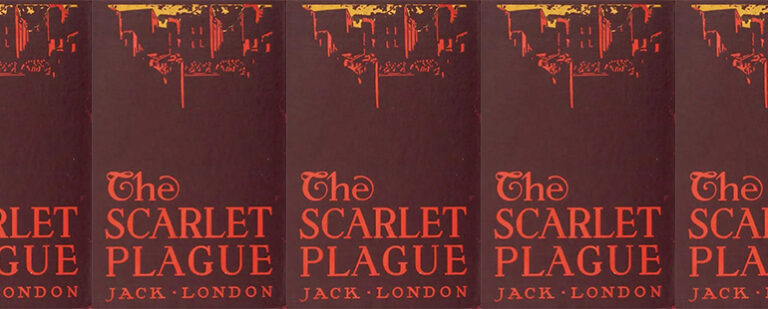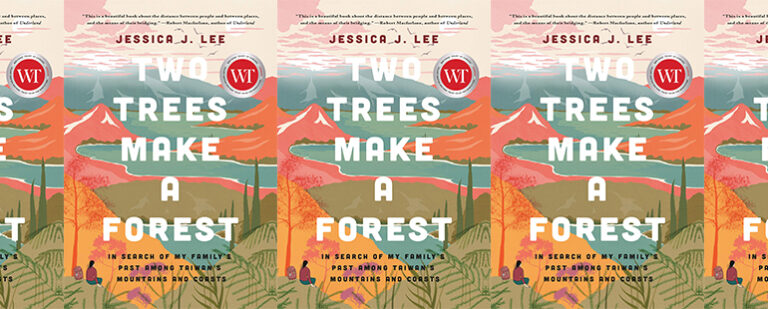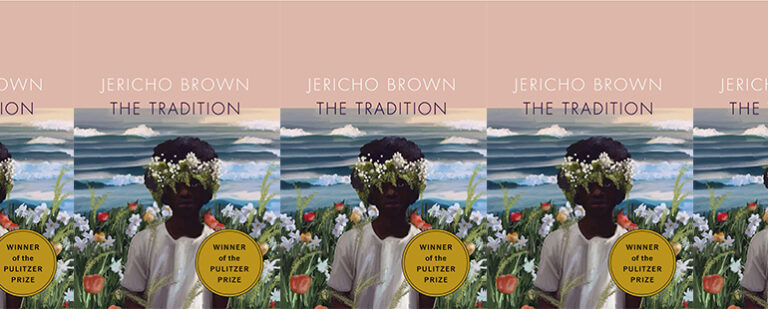Two Contemporary Retellings of The Playboy of the Western World
John Millington Synge’s 1907 play is now a classic, examining, among other elements, the definition of a hero and the role of the community in that definition. Over a hundred years later, two contemporary novels, both set following the 2008 financial crisis, echo it in numerous ways.
